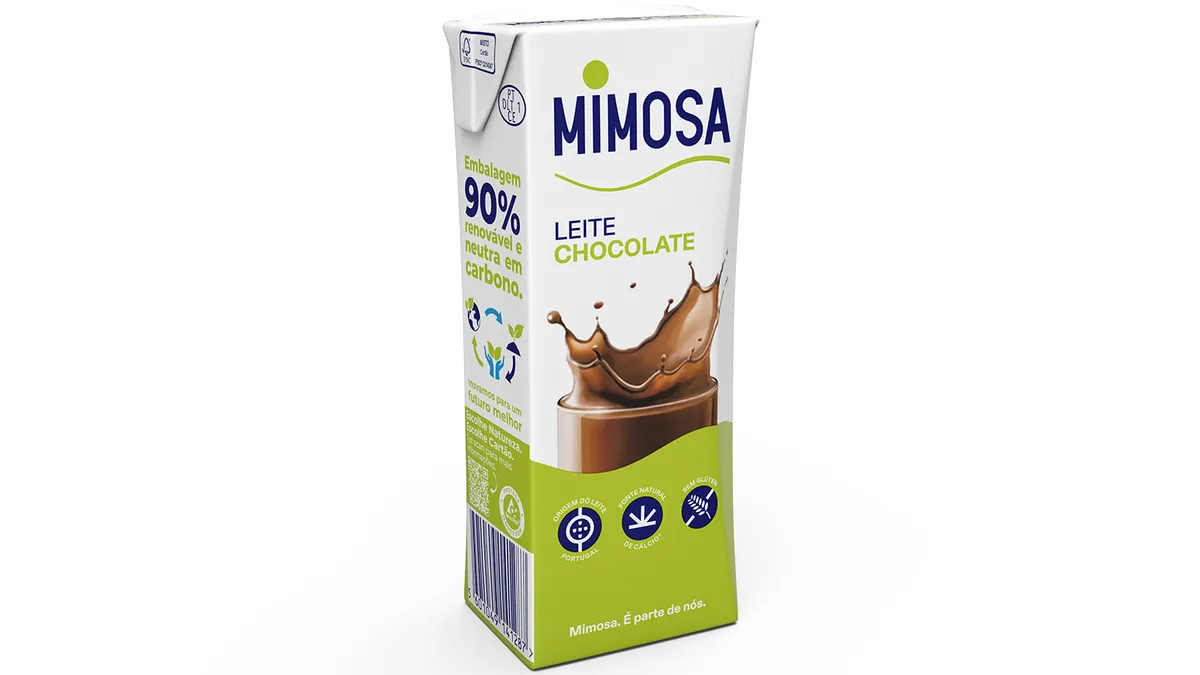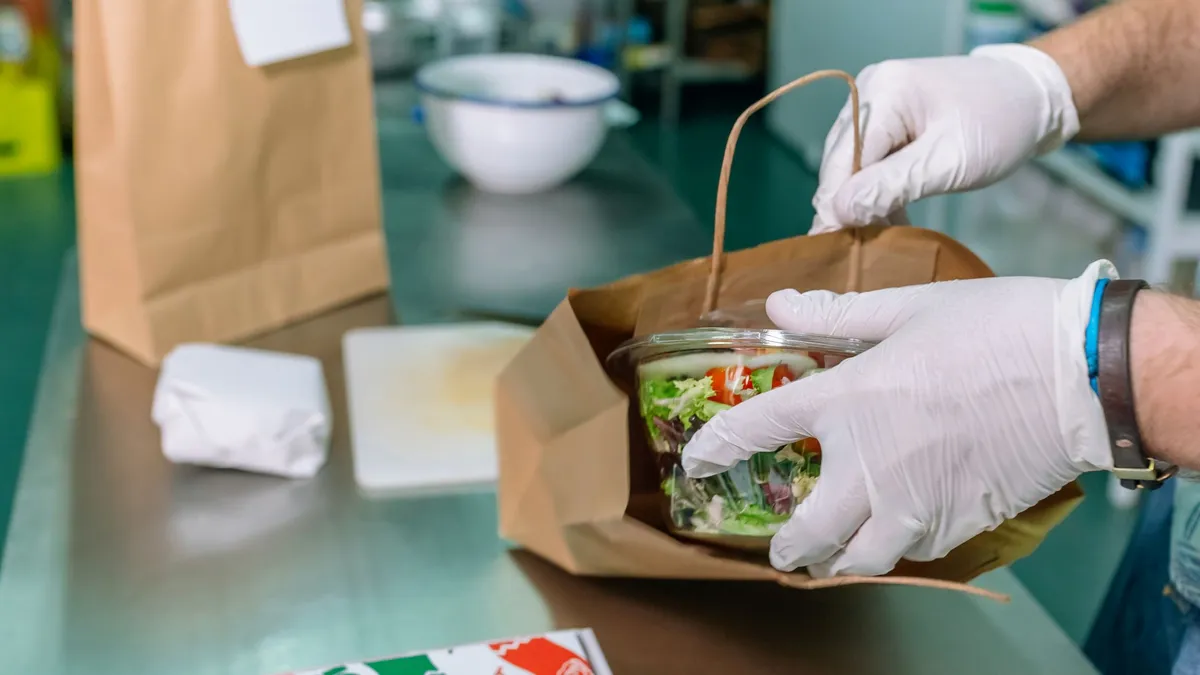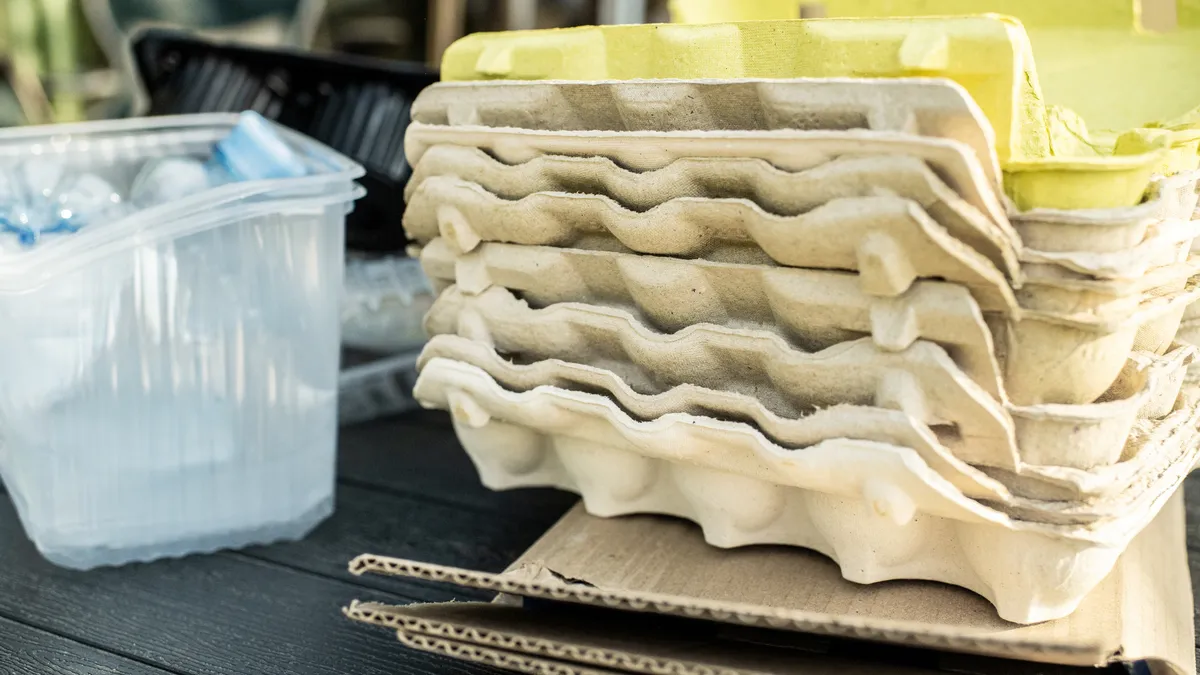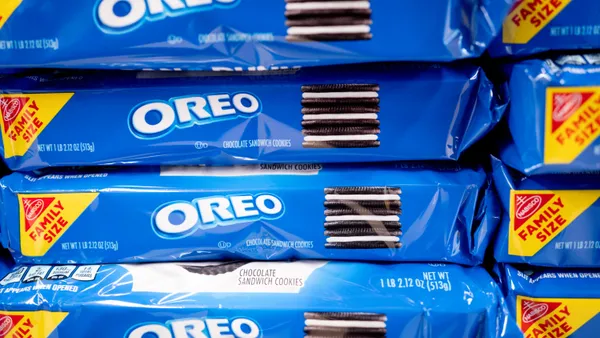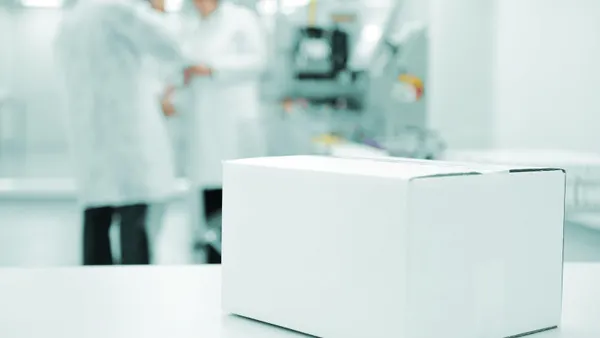On the heels of Tetra Pak unveiling a paper-based barrier for its aseptic cartons — a move to improve recyclability — the company says it’s continuing the same level of packaging R&D investment in the decade to come. The Swedish-Swiss food packaging and processing company under Tetra Laval launched its latest sustainability report on Wednesday.
Recycling
Tetra Pak reported that the global recycling rate for carton packages ticked back up in 2023, as the company pursues multiple recycling goals, including “preparing advanced markets” for future extended producer responsibility systems.
The company estimates 1.7 million metric tons of paper cartons were sent for recycling in 2023 — a year-over-year increase of 7%. Tetra Pak pegged the recycling rate for cartons, regardless of producer, at 27%, matching 2021’s level after falling to 25% in 2022.
One ongoing challenge has been boosting recycling capacity for polyAl — a protective layer of polyolefins and aluminum used in cartons. Tetra Pak highlighted its work this past year to create a paper-based barrier in aseptic cartons to nearly eliminate the need for an aluminum layer. “This world-first was a result of a €100 million investment in packaging research and development in 2023, with the same investment planned annually for the next five to ten years,” the company reported.
Materials
Tetra Pak also said in this report that it’s seeking to implement a minimum of 10% recycled polymers across beverage cartons sold in Europe by 2030. This differs from Tetra Pak’s FY22 sustainability report, which said the company was working to achieve a minimum of 10% recycled plastics in packages sold in Europe by 2025.
Tetra Pak reported growing demand among North American brands for plant-based plastic options. For example, sugarcane-derived plastics are being used for certain caps and carton coatings.
“In 2023, the U.S. and Canada market delivered nearly 1.4 billion packs with plant-based plastics, a 330% year-over-year increase representing more than 8% of all cartons sold by the market,” the report states. And it’s a significant multiple of the 77 million such packs sold in 2021 — a growth trend Tetra Pak expects will continue.
Tetra Pak has also seen increases on a global scale for plant-based products broadly.
| Billions of plant-based products sold globally | 2019 | 2020 | 2021 | 2022 | 2023 |
| Packages | 1.3 | 3.4 | 7.1 | 8.8 | 10.4 |
| Caps | 5.1 | 7.5 | 10.7 | 11.9 | 12.6 |
However, the materials makeup of a Tetra Pak carton remained relatively unchanged: In 2023, Tetra Pak cartons were made of 71% paperboard, 22% conventional plastics, 5% aluminum foil and 2% biobased plastics — a 1% increase in paperboard/decrease in conventional plastic compared with 2022’s design. Tetra Pak said the proportion of “renewable material” in its cartons, by weight, ticked up slightly to 73% after standing at 72% for the prior four years, while the overall weight of cartons produced in 2023 declined.
Ahead of a European Union requirement for beverage cap containers to remain attached to aid recycling, which takes effect this summer, Tetra Pak said it sold 6 billion tethered caps in 2023, an effort it began in 2022.
This was Tetra Pak’s 25th edition of its sustainability report and the first time using the European Sustainability Reporting Standards as the reference when preparing disclosures. ESRS is a version of reporting that will be required for certain businesses in the EU come 2026. Previously, Tetra Pak reported in line with GRI.



